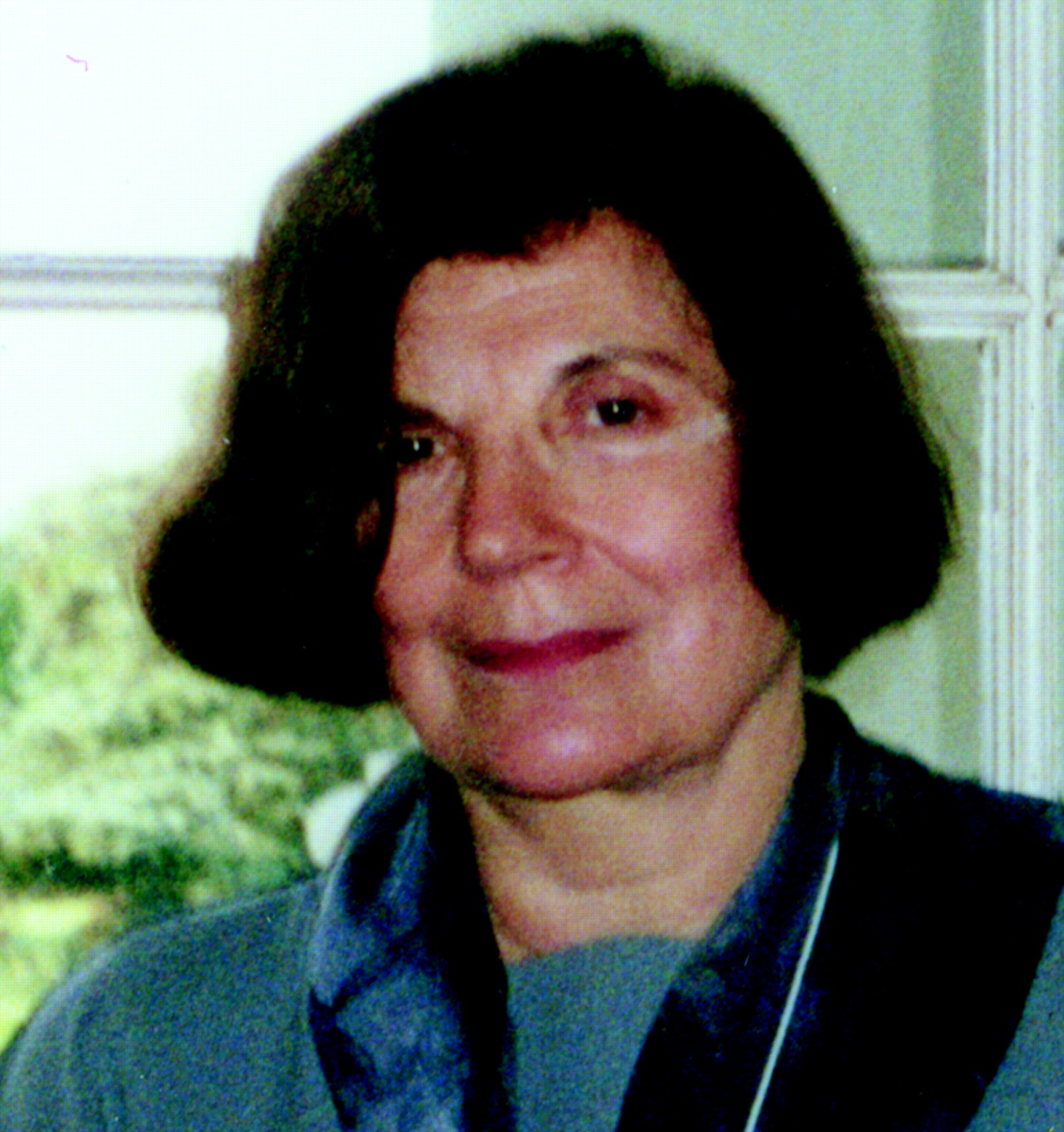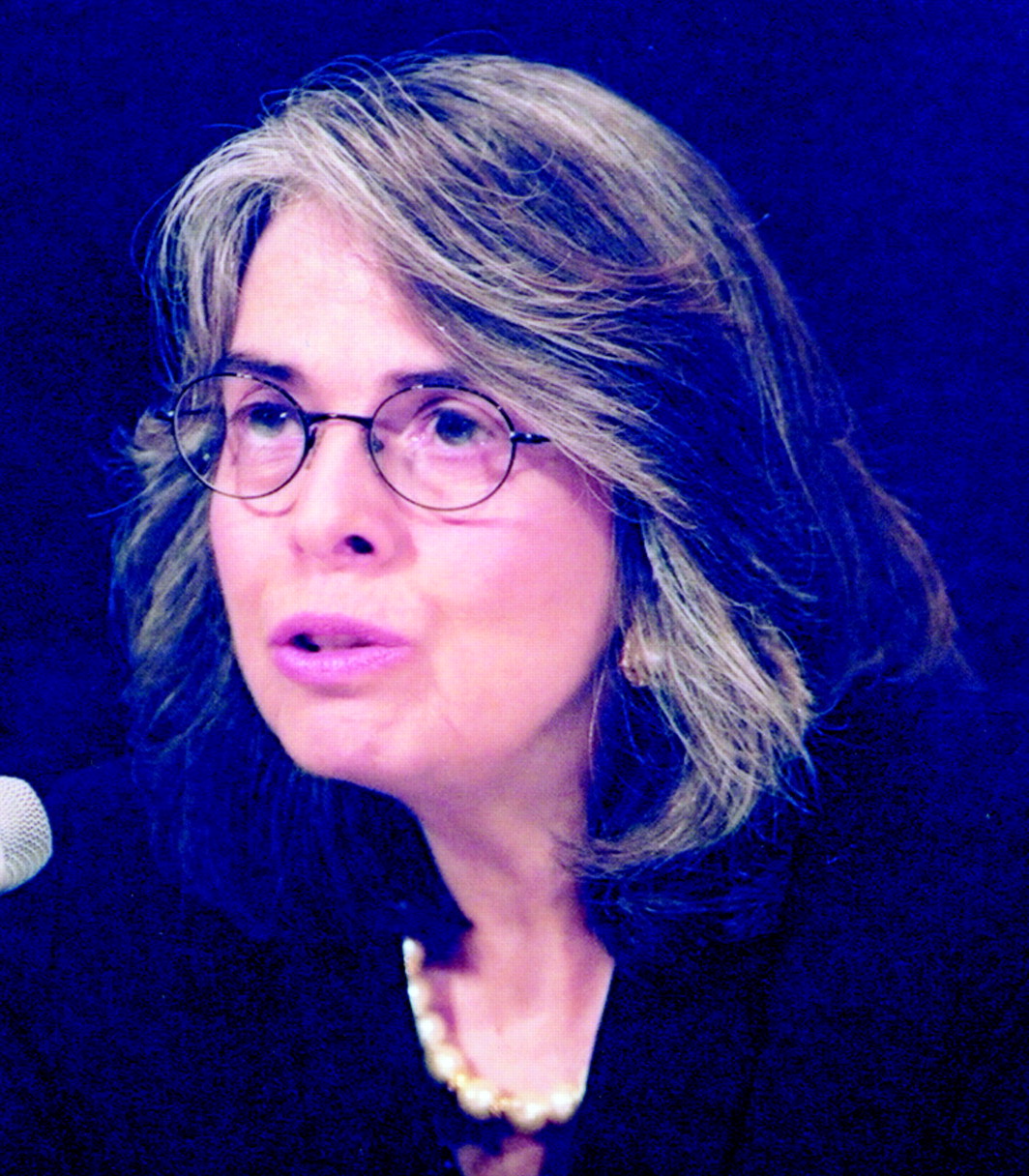Psychiatrists Advise Parents in Responding to Children’s Concerns
How do I explain death to a young child? Is there something wrong with a child who re-enacts the attacks on the World Trade Center? These are some of the questions parents and teachers have been asking child and adolescent psychiatrists since September 11.


Clarice Kestenbaum, M.D. (top), and Cynthia Pfeffer, M.D., are among the many psychiatrists who are fielding questions on the effects of the attacks on children.
When parents ask what to say to children who have lost a loved one in the attacks, Clarice Kestenbaum, M.D., outgoing president of the American Academy of Child and Adolescent Psychiatry, tells them that it depends on the cognitive maturity of the child.
Kestenbaum was interviewed September 11 on ABC’s “Live at Five” news program in Manhattan about what children should be told about the terrorist attacks. There was a call-in segment afterward.
“The saddest call I got was from a woman who lost her husband in the attack on the north tower. She wanted to know what to say to their 18-month-old boy who kept calling other men Da Da. I advised her to say that daddy has gone away, because a child under 4 cannot understand the concept of death.”
She added that if the family is religious, they might mention that “Daddy has gone to heaven.” If they are not religious, the surviving parent can say something like, “The body is a part of the universe, and the cells go into the water, trees, and us,” said Kestenbaum.
“How the surviving parent responds is a big factor in how the child will cope. It is critical to work with the surviving parent in addition to the child and that the surviving parent has the emotional strength to meet the child’s needs,” said Pfeffer.
Another woman caller asked Kestenbaum whether her child was a monster because he was playing “World Trade Center” after seeing the attacks on television, said Kestenbaum.
“I reassured her that it was normal for children to play out what they had seen. I encouraged her to help her son identify with the firefighters and policemen who responded to the scene,” she said.
Kestenbaum also recommended that the woman not let her son watch the images of the World Trade Center attacks that were replayed on television. She and several other child and adolescent psychiatrists urged presidents of local television stations in a letter to stop replaying the images, explaining that viewers can be traumatized.
“A few days later the images were largely taken off the air,” said Kestenbaum.
“We also need to help parents figure out how to create a sense of stability, security, and safety for children, whose world now seems frightening and uncertain,” David Fassler, M.D., chair of APA’s Council on Children, Adolescents, and Their Families, told Psychiatric News.
Ways they can do this include maintaining a normal routine and letting their children know that the government is doing everything possible to protect Americans from more terrorist attacks, said Fassler.
During the ABC television interview, Kestenbaum suggested that children express their feelings in drawings or another creative activity (see box on Original article: page 6). A psychiatrist who watched the interview later told Kestenbaum that one of her patients, an 11-year-old boy diagnosed with an anxiety disorder, told her when he came for therapy after the World Trade Center attacks that he was afraid that a building or plane would fall on his head. Because the boy is a talented jazz pianist, the psychiatrist suggested he compose a piece on a piano.
“Forty-five minutes later, the boy felt so good about the piece, he decided to dedicate it to the firemen who lost their lives responding to the call for help and play it at his school,” said Kestenbaum.
Fassler’s article, “Helping Children Cope After a Terrorist Attack,” is posted on APA’s Web site at www.psych.org/disaster/childrencopeattack101201.cfm. Also on APA’s Web site is “Helping Children Cope With a National Tragedy” at www.psych.org/public_info/childrentragedy91201.cfm.
Other organizations that have posted useful information on their Web sites include Zero to Three at www.zerotothree.org; National Center for Children Exposed to Violence/Yale Child Study Center, www.nccev.org/resources/aftermath; American Psychoanalytic Association, www.apsa-co.org/ctf/pubinfo/traumarelease.html, and the American Academy of Pediatrics, www.aap.org/advocacy/releases/disastercomm.htm. ▪



